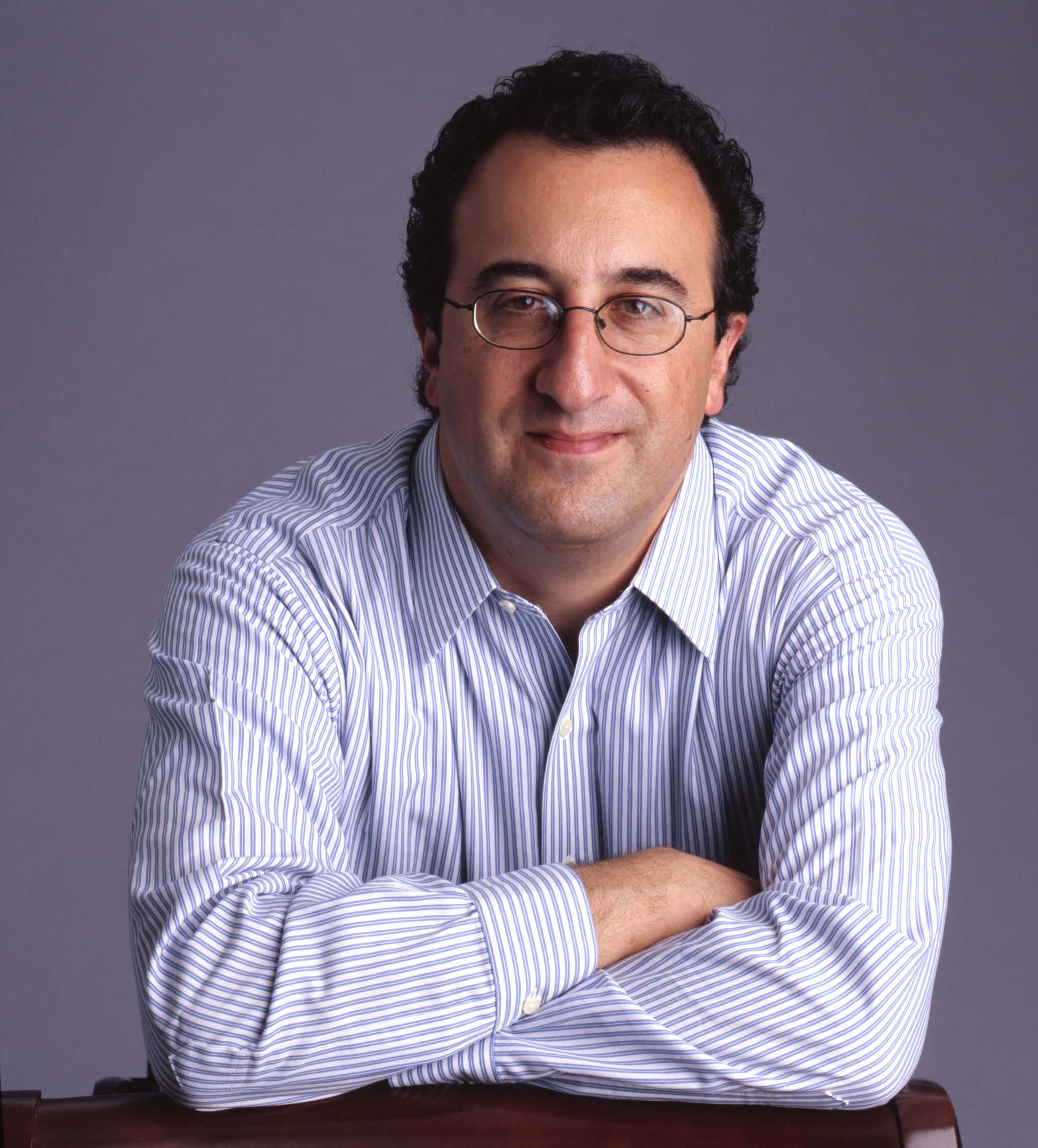Early Thoughts on Rumsfeld v. FAIR (Commentary)

on Mar 6, 2006 at 10:52 am
Very preliminary reactions:
Notably, in today’s unanimous decision the Court does not rely on the Spending Clause, but instead holds that the government could directly impose on schools the requirement of military access. Indeed, the Court first rejects the amici’s statutory argument that the Solomon Amendment merely requires access to the military on the same conditions as those imposed on other employers. The implication is that schools must afford DoD exemptions from any recruiting rules that have the effect of giving the military less access to students than some other employer. Thus, the holding is that the government may require schools (including private schools) to give preferential access to military recruiters, without any First Amendment concerns.
The Court distinguishes the Boy Scouts v. Dale decision on the ground that the required inclusion there affected the group’s membership, rather than its invited visitors. That, of course, doesn’t distinguish Hurley (or Runyon, or Grove City, or AP v. NLRB, or . . . ). As for Hurley (and Tornillo and PG&E), the Court holds that requiring access to other parties’ speech is only constitutionally problematic where that access has a palpable effect on one’s own speech (such as by alterning the message conveyed in a parade (Hurley), or by monopolizing scarce space in a newspaper that could have been used for the plaintiff’s own speech (Tornillo)). The least persuasive part of today’s opinion, I think, is the Chief’s attempt to distinguish PG&E. Here’s what he writes:
The same is true in Pacific Gas. There, the utility company regularly included its newsletter, which we concluded was protected speech, in its billing envelope. 475 U. S., at 8-9. Thus, when the state agency ordered the utility to send a third-party newsletter four times a year, it interfered with the utility’s ability to communicate its own message in its newsletter. A plurality of the Court likened this to the situation in Tornillo and held that the forced inclusion of the other newsletter interfered with the utility’s own message. 475 U. S., at 16-18. In this case, accommodating the military’s message does not affect the law schools’ speech, because the schools are not speaking when they host interviews and recruiting receptions. Unlike a parade organizer’s choice of parade contingents, a law school’s decision to allow recruiters on campus is not inherently expressive. Law schools facilitate recruiting to assist their students in obtaining jobs. A law school’s recruiting services lack the expressive quality of a parade, a newsletter, or the editorial page of a newspaper; its accommodation of a military recruiter’s message is not compelled speech because the accommodation does not sufficiently interfere with any message of the school.
In other words, Chief Justice Roberts is holding that there is a threshhold test — “Is the plaintiffs’ conduct ‘inherently expressive’?” — that triggers Tornillo-like scrutiny. So, for instance, if PG&E had not had a practice of including its own newsletter in the billing envelopes — if the state there had required that it provide the third-party newsletter alongside its plain ol’, unadorned “not inherently expressive” electric bills — there would have been no First Amendment problem. This is a fairly significant revisionist reading of PG&E, in which the plurality’s decision turned on the fact that including the required inserts would prompt the electric company to engage in unwanted counterspeech. 475 U.S. at 15-16. (UPDATE: On the other hand, the PG&E plurality also focused on the fact that the compelled access in cases such as Tornillo and PG&E was triggered by the complaining party’s own speech. That’s obviously not the case in FAIR — the preferential military access requirement is not triggered by any speech of the schools’ own, and thus is not a “penalty” for having spoken. That would have been a cleaner ground on which the Court could have distinguished cases such as PG&E and Hurley — and it will be interesting to see whether the Chief”s opinion is so construed in future cases.)
Today’s decision is much more in keeping with PruneYard (which it favorably cites) than with PG&E and Dale. Together with Johans, it shows that the Court is cutting back on some of the excesses of its compelled-speech doctrine. Those of us who think that PruneYard was rightly decided will not think this is necessarily a bad thing. We might only wish that the Court would now reconsider whether Abood, Keller and Dale can be meaningfully distiguished from PruneYard, Johans, Runyon, AP v. NLRB, and now FAIR.


